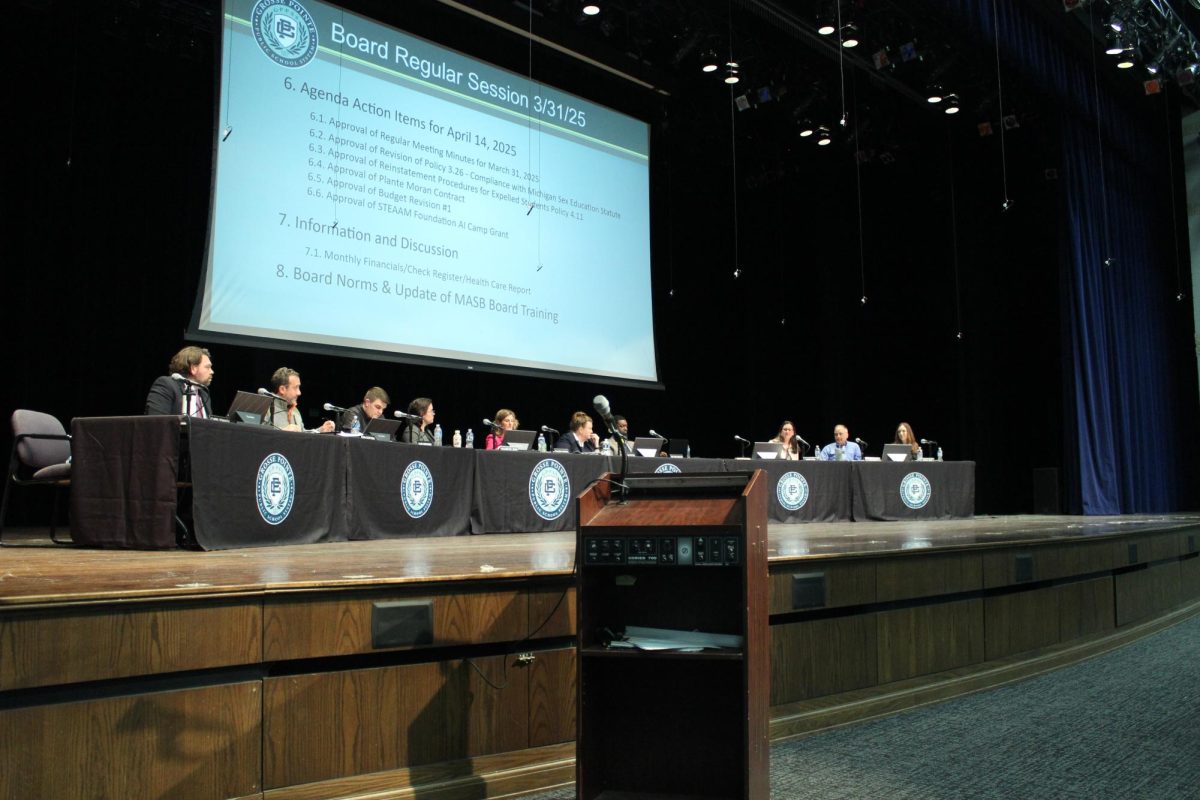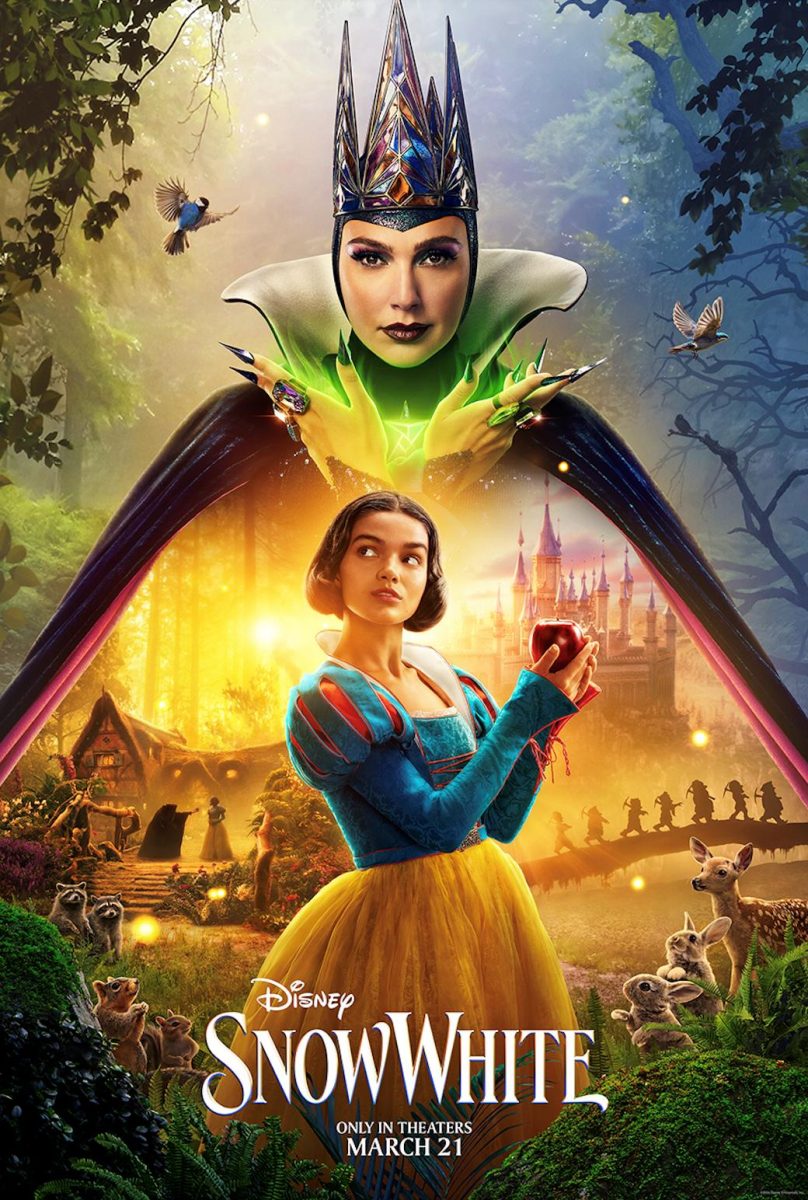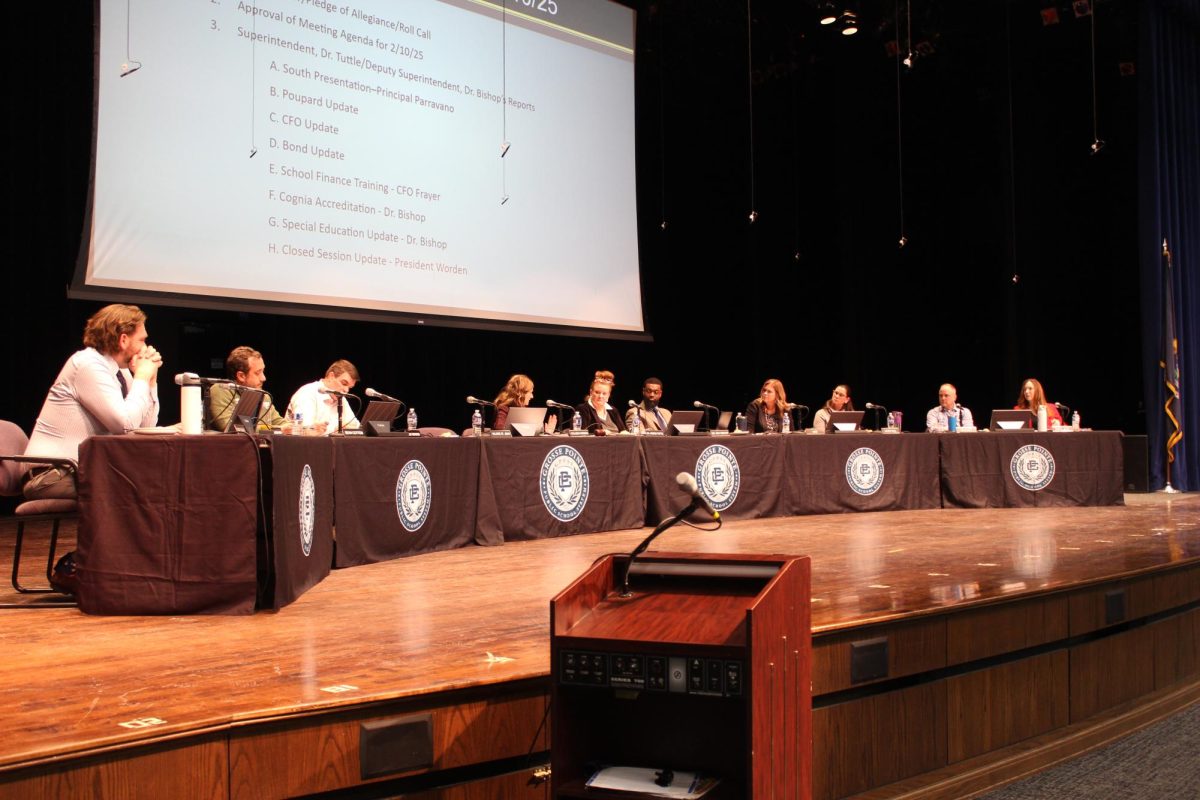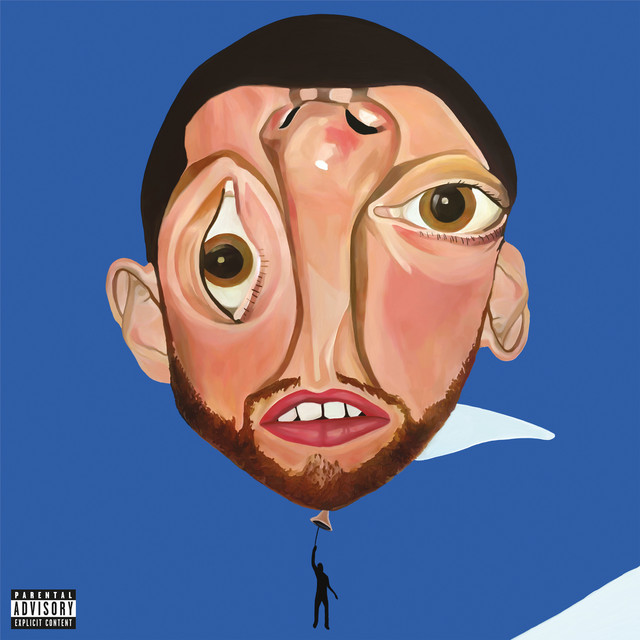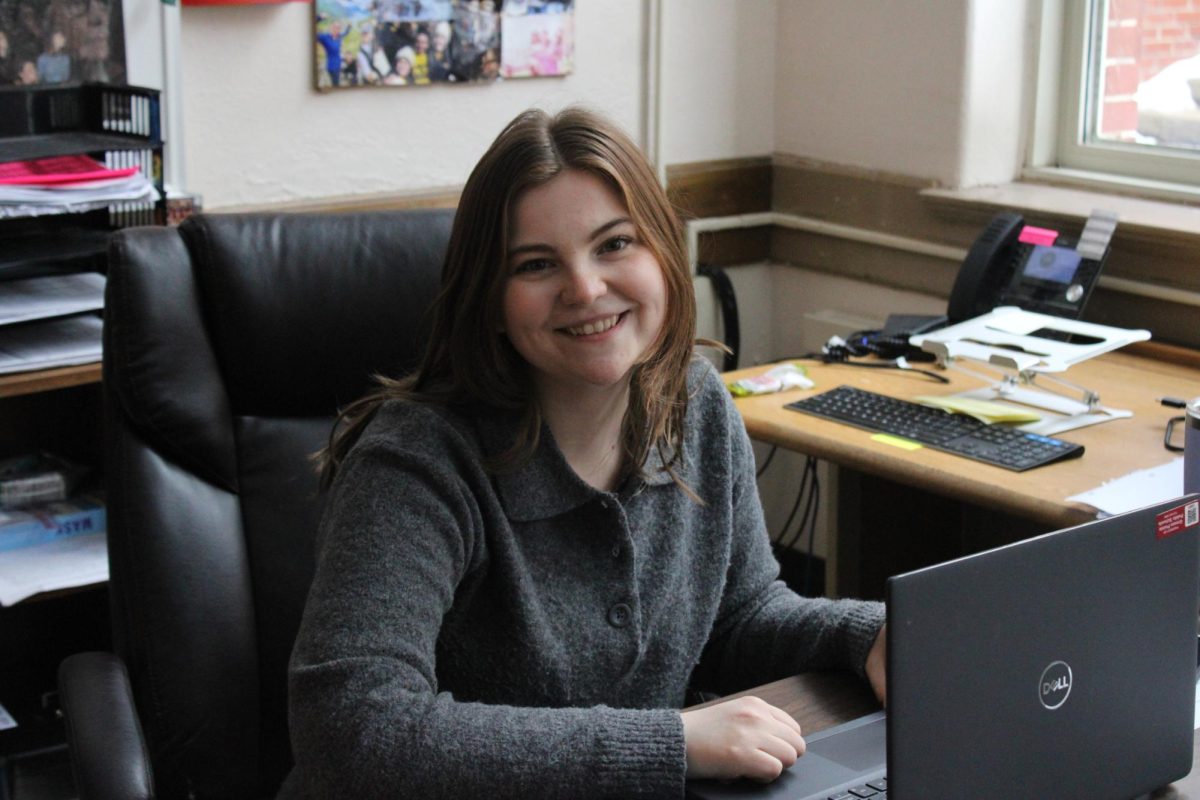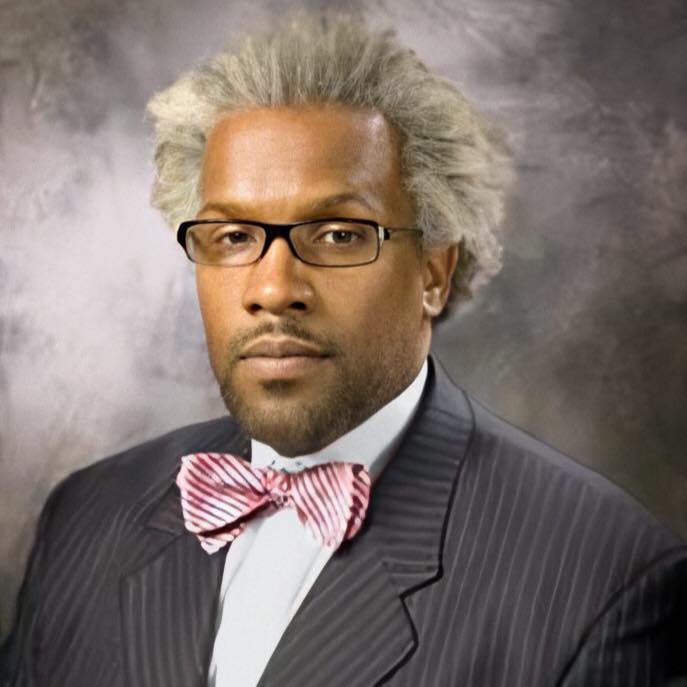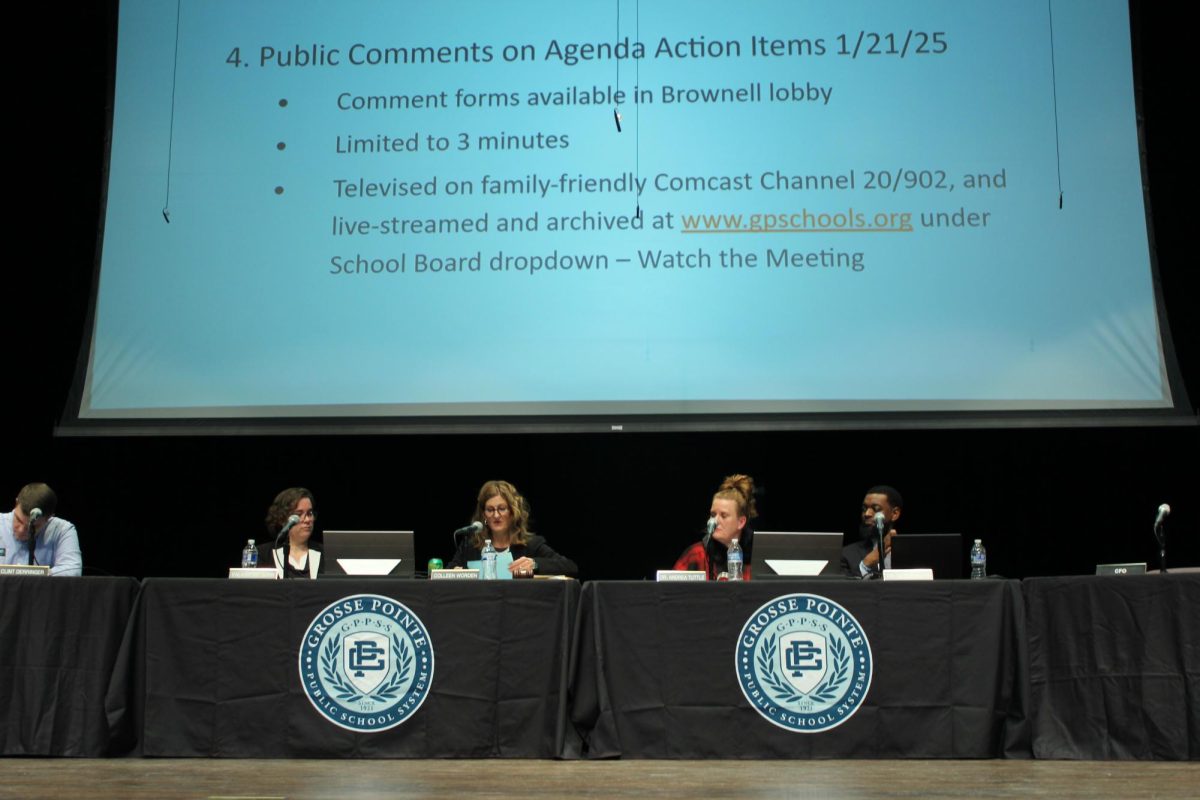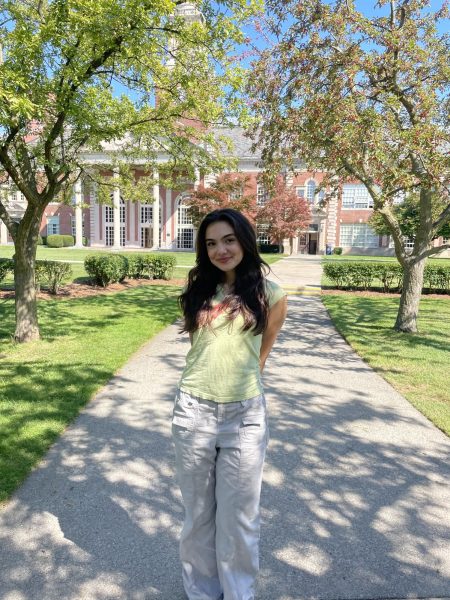An exclamation of joy erupts from the young Allie Thomas ’25 and her little sister as they discover the news. For Thomas, a snow day was celebrated as a holiday. The two sisters would trek through the cold with their elementary school playground as their destination; with their very own sleds in hand, they would climb up and sled down the hill for hours on end. They would walk over to their grandmother’s house only after tiring, where they found a warm mug of hot chocolate waiting for each of them. The magic of a snowy winter day was enough to complete the holiday spirit for third-grade Thomas, but as time passes, this magic increasingly dissipates.
The collection of industrialization, urbanization and pollution around the world is creating long-lasting effects. Climate change is a progressive issue, not only impacting the stability of our planet, but also changing the way that students celebrate the holidays.
“As I get older and as climate change becomes more prevalent, I won’t be able to carry out the same traditions with my sister,” Thomas said. “ It almost makes the holidays feel a little bit less magical.”
Over the last five to ten years, Michigan has experienced a myriad of discrepancies in weather patterns. From increased extreme weather like hot and cold outbreaks, to winter and summer storms, to longer allergy seasons, and even to animal migration, Michigan sees it all. Hally Vogel, a Meteorologist with WXYZ TV 7, explains that as temperatures continue to warm, a slow but steady increase in extreme weather events will occur.
“We’re seeing an increase in extreme precipitation events,” Vogel said. “One of the main reasons is as the world warms, more ocean water evaporates into the atmosphere. That water vapor is the ingredient storms turn into precipitation. Therefore, there’s an opportunity for larger amounts of rain or snow to drop to the Earth, creating more frequent and bigger storms.”
This fluctuation not only disrupts the spirit of Christmas traditions but also affects the ability to perform winter sports as well. Chloe Slawson ’26 began her lasting love for skiing at the mere age of eight years old. She feels that the warming weather and lack of fresh snow makes for non-ideal skiing conditions.
“Ski hills are able to make their own snow, but nothing can compare to skiing on fresh snow,” Slawson said. “Also, the warming weather can cause snow to melt and freeze back up, which results in really icy conditions which are much harder to ski on.”
With unpredictable temperatures and weather events, many people choose to travel to seek out their ideal holiday weather. Both snowy and warm locations are seeing an increased number of visitors during the holidays. However, those who long for the traditional snowy winters in Michigan shouldn’t lose all of their hope just yet.
“The winter season outlook does increase the likelihood of seeing above-average precipitation, which may increase the chance for a white Christmas across Michigan,” Vogel said. “Although, warmer temperatures may also mean that any snow that does fall could mix with rain or sleet creating a slushy landscape. Regardless, I’m always hoping for that magical Christmas morning snowfall.”
Winter weather sparks celebration like in Thomas’ case or prompts family sporting traditions like with Slawson. The effects of global climate change change many different aspects of students’ holiday attitudes.
“There’s a lot of confusion about climate change and global warming created by different special interest groups,” Vogel said. “The Earth has always historically gone through different cycles of warming and cooling. At this point, we cannot stop global warming, but instead, we should think more about what we can do to slow it down, so humans, animals, and plants can adapt and mitigate.”

